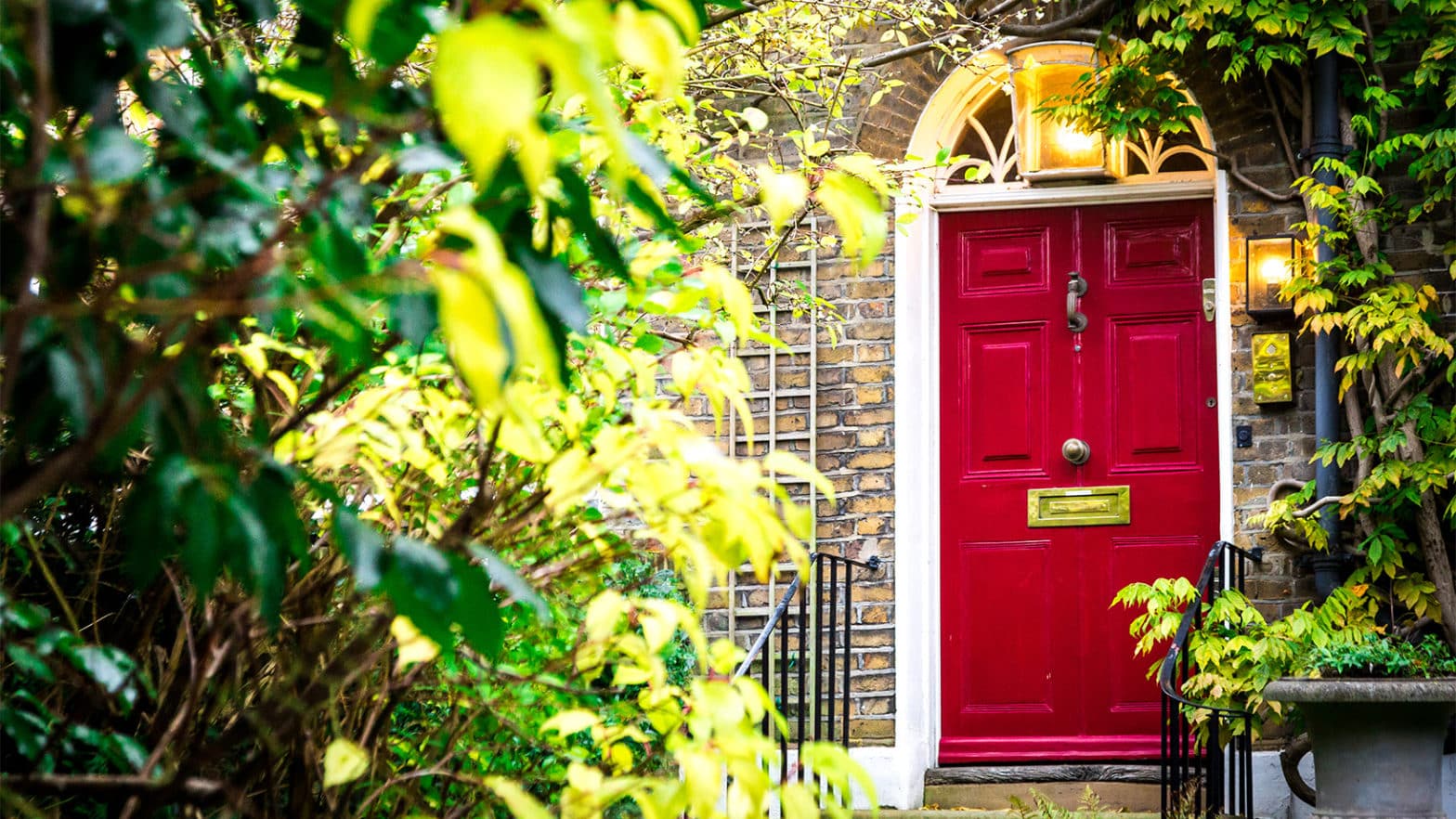
The unintended consequences of the Building Safety Act 2022
The Building Safety Act 2022 (the Act) has raised many questions and generated much speculation on its breadth of application and legal effect.
The professed intention of the Act was to introduce radical reforms aimed at giving residents and homeowners more rights, powers and protections on fundamental safety matters affecting their buildings. This includes protecting qualifying leaseholders from the costs associated with remediating historical building safety defects while providing a mechanism for those responsible for such defects to be held to account. However, as the real estate sector seeks to get to grips with the new legislation, a number of unintended consequences of the Act are being revealed.
Leaseholder protections
Of particular note are the leaseholder protections included in the Act, set out in Part 5 and Schedule 8. These protections apply where a “relevant building”, as defined in section 117 of the Act, is found to have relevant defects (again a statutorily defined term) that require remediation, the cost of which the landlord might, but for the protections, seek to pass onto the leaseholders through the service charge. These protective measures either shelter the leaseholder from having to contribute anything to remediation works (in the case of cladding removal), or cap their contribution to a maximum of £10,000 (£15,000 in Greater London) for other remedial works.
If a flat owner holds a qualifying lease in a relevant building, they are able to serve a Deed of Certificate on their landlord which confirms the lease is protected. However, the Act is precise on what makes a “qualifying lease” and a “relevant owner” and the criteria may be difficult to meet. The lease must have been granted before 14 February 2022, be a long lease (over 21 years) and a service charge must be payable. To be a “relevant tenant”, under section 119 of the Act, the Leaseholder must have owned the property prior to 14 February 2022, it must be their only or principal home and they cannot own more than two other dwellings in the United Kingdom.
Is a previously qualifying lease, still qualifying?
What it is not clear on is what happens if an otherwise qualifying lease is extended under the Leasehold Reform, Housing and Urban Development Act 1993 Act (the 1993 Act). Is a previously qualifying lease, which meets all of the above criteria, still qualifying if the lease extension completes after 14 February 2022?
The general consensus is no. The 1993 Act works by issuing a new lease in substitution for the existing lease, thereby replacing the latter altogether. As the new lease will not have been granted before 14 February 2022 the statutory leaseholder protections in the Building Safety Act 2022 will not apply; often despite the fact that some leaseholders may have owned the lease since it was granted. Pressure is being applied to the Government to legislate for this apparent defect. Popular opinion is that this cannot be an intended consequence of the Act which as a whole, leans towards protecting the interests of leaseholders. The Government has acknowledged a simple amendment to the legislation is required to make it clear that statutory and other renewals of leases will not lose qualifying leaseholder protection.
New draft regulations have recently been published which provide more clarity on the application of the Act. These are not yet in force and do not appear to affect the issue surrounding lease extensions. As and when these come into effect, we will provide a more in-depth review of their application.
Ensuring leaseholders are not unfavorably affected
In the meantime, what can be done to ensure leaseholders are not adversely affected by this oversight? Where appropriate, we will need to ensure that in all Section 42 notices of claim, we include a provision which acknowledges that the new lease is an extension of the existing lease, which is qualifying for the purposes of sections 117-125 and Schedule 8 of the Act. We are yet to test the enforceability of these kinds of clauses, but until the requisite amendments are enacted, we will need to leave this in the hands of the Tribunals.
If you would like further advice or information on this topic, then we can help. Get in touch or contact our real estate team.
Talk to us about
Related services
Related sectors





 Download PDF
Download PDF










